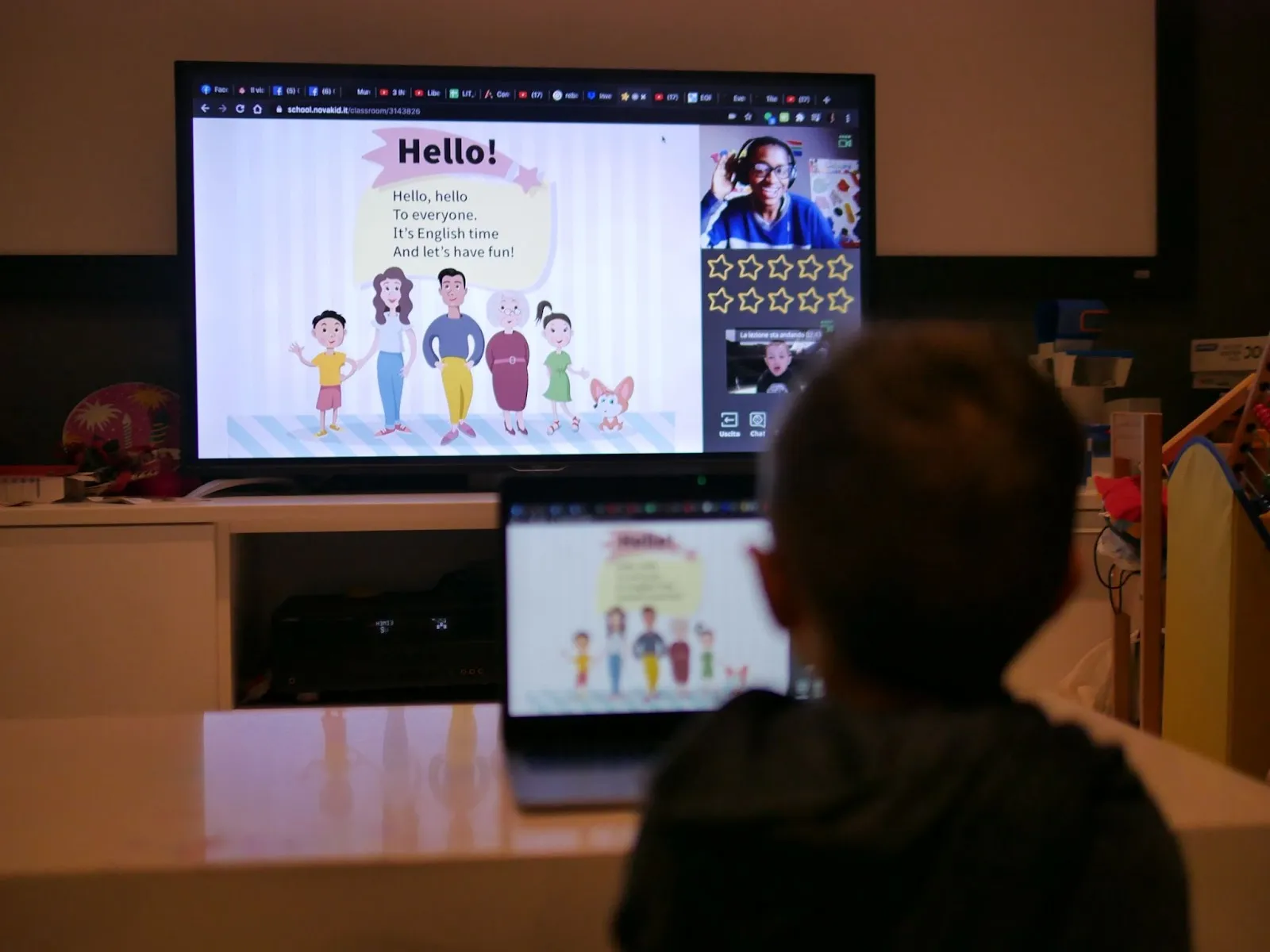Practice Makes Perfect: Why Repetition is Important in Learning English
You may watch your child in their online English lesson and think, ‘Why does it take a teacher this long to cover a topic? Why do they repeat the same thing over and over again? Isn’t it a lot more fun for my child to learn different words in every lesson? Surely, the more new words and new grammar structures, the better?’
This would be the best, fastest and most fun way to learn English in a perfect world. Unfortunately though, that’s not how the learning process works. There’s a good reason that teachers say, ‘Practice makes perfect!’
How does practice make perfect?
Did you know that physical changes happen in the brain when we learn second languages? This means that the brain creates new neural pathways to process and store information in a new language.
It happens through one of the most important language learning strategies- repetition. You may be sceptical! But, scientists have discovered that these new neural pathways become stronger and stronger the more a new concept is repeated. In the same way, if a new idea is not reinforced, the neural pathways become weaker over time.
So, what does this mean? When students repeatedly practise new concepts, their brains can build strong neural pathways that help them learn and memorise more effectively, both now and later in their lives!
Repetition activities, like drilling exercises, can be practised in many ways. Some of these include having conversations, learning and singing songs, reading and telling stories in a new language- all of the things we do here at Novakid!

Another reason why repetition is important, is because it boosts students’ confidence- and having confidence is very important when learning a new language! Second language learners sometimes struggle with confidence because they don’t always have opportunities to practise using the language they learn in school. Students often say that they can understand English when listening to native or fluent speakers, but they freeze up when they have to say something themselves.
So, how can a student feel capable of doing something they haven’t done before or don’t have the opportunity to practise often? They can easily feel overwhelmed with something like using a new grammar structure for the first time when having a conversation outside of their classroom.
That’s why Novakid uses a frequent recall learning strategy in our classrooms. Frequent recall engages students in repetition-based activities where they revise previous knowledge alongside learning new concepts. This strategy helps them feel confident and capable because they can use their own knowledge to expand their learning in every lesson.
And last, but not least, is the importance of repetition in vocabulary learning and retention. As linguist David Wilkins eloquently puts it, ‘Without grammar, very little can be conveyed, without vocabulary nothing can be conveyed.’ Students typically have access to two types of vocabulary during language learning: active and passive. Active vocabulary is words that they understand and use to communicate. Passive vocabulary is words that they also understand, but they don’t use yet.
Research shows that a typical 11th-grade second language learner has 27% less active than passive vocabulary. This basically means that they have more vocabulary than they know how to use when trying to speak independently.
Repetition comes in handy yet again when balancing out active and passive vocabulary in second language learning. It is a great tool for narrowing the gap between active and passive vocabulary and allowing students to express themselves freely using diverse vocabulary.
Repetition is one of the oldest and most widely used language learning strategies- and for a very good reason, it works! Through repetition, students come to understand and use language with confidence and fluency.
John Wooden, an American basketball coach, also nicknamed ‘Wizard of Westwood’ for winning ten college basketball championships in a 12-year period, summarises the principle of repetition when he talks about the eight laws of learning:
‘The eight laws of learning are explanation, demonstration, imitation, repetition, repetition, repetition, repetition, repetition.’
Veranika Chyzh, Novakid´s digital learning expert
Sources:
- The Mind and the Brain: Neuroplasticity and the Power of Mental Force by Jeffrey M. Schwartz, Sharon Begley.
- Draganski B, et al. Neuroplasticity: changes in grey matter induced by training. Nature. 2004;427:311–312.
- Bulletin #4356, Children and Brain Development: What We Know About How Children Learn, the University of Maine.
- Accelerating Learners’ Self-confidence Level in Second Language Acquisition: A Qualitative Study by International Center for Research and Resources Development
- Linguistics in language teaching Book by D. A Wilkins pp. 111–112
- The Relationship Between Passive and Active Vocabularies: Effects of Language Learning Context by Batia Laufer,T. Sima Paribakht.








































Greetings. It’s a very interesting article. Thanks.